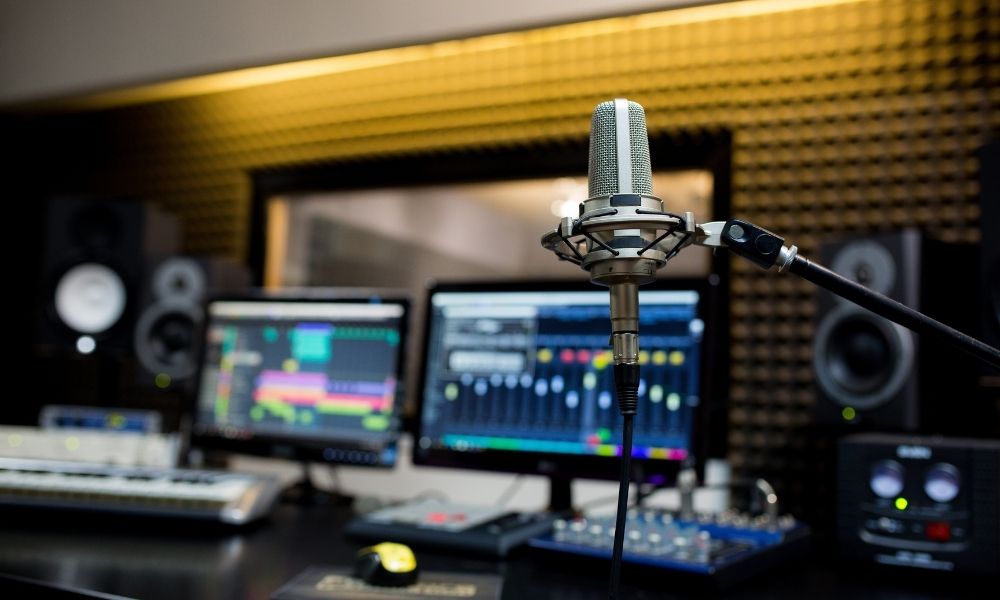NFTs and cryptocurrency (like Bitcoin or Ethereum) are inherently linked, and it’s no secret that both are extremely popular right now. With musicians getting into NFTs, we must ask: is the relationship between NFTs and musicians harmonious? Here’s how NFTs work in the music industry.
What Is an NFT?
NFT stands for “non-fungible token,” which is a complicated way to say a digital certificate of authenticity that is unique to the buyer. NFTs create a sense of artificial scarcity because while the purchased token is unique, the artwork the token represents is not. As you know, anything that exists in a digital form is replicable ad infinitum, but an NFT is a way to say, “But this one is mine.”
So how do NFTs apply to the music industry? An NFT can represent anything digitized, such as concert tickets, digital content, and even music. In February of this year, an electronic musician, 3LAU, sold $11.6 million in NFTs.
Advantages of NFTs in the Industry
Convenience is a significant boon for as long as the pandemic is still a factor. Fans of musicians can still experience content from their favorite musicians while staying safe in their homes, and, depending on the NFT, artists can offer high-paying fans unique experiences.
Additionally, there are no middlemen (yet) in the NFT space. A musician who mints an NFT and sells it gets the money directly, and the fan gets their NFT—simple as that.
Disadvantages of NFTs in the Industry
The most significant disadvantage of NFTs in the music industry (or any industry) is their environmental impact. While some companies are attempting to mint NFTs with an environmentally friendly process, the vast majority of NFTs require massive amounts of carbon to mint. One artist determined that a sale of six of his pieces would use enough electricity to power his entire studio for two years.
On top of that, the NFT space is not necessarily “friendly” to new artists. Famous musicians can make hundreds of thousands (or millions) on a single NFT because people are willing to bid like crazy on the auction. When you’re simply trying to get eyes and ears on your work, making NFTs may not be the way to go.
Food for Thought
While it is difficult to give specific advice on what to do with something in such an early and nascent stage such as NFT’s, our advice is to have fun with it! If you feel like it, get involved in different message boards and online communities. Even consider minting your own. Generally, we suggest not getting distracted from the creation of the music itself, and don’t break the bank on NFT’s, but keep an eye on this important and exciting development in the ownership of digital assets!
Now that you know how NFTs work in the music industry, find recording studio space for rent in Houston and start making your music (and deciding whether NFTs are right for you)!

